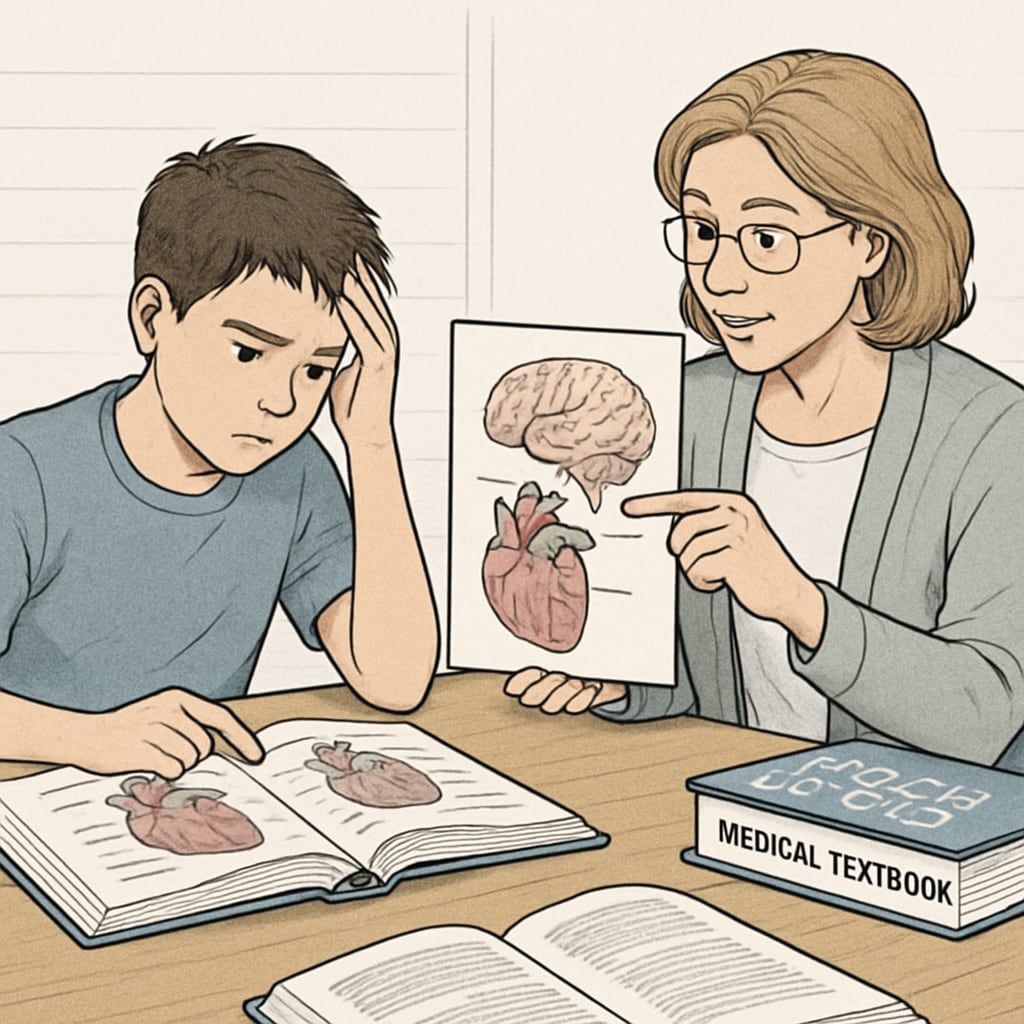The journey of students with learning difficulties navigating the challenges of the education system while aspiring to medical careers is often fraught with obstacles and setbacks. These students are caught between their passion for healthcare and the rigid structures of traditional education, which frequently fail to accommodate their unique needs. To ensure their dreams are not left unrealized, it is crucial to address these barriers and develop effective solutions, such as personalized learning pathways, comprehensive support systems, and mental health care.
Challenges Faced by Students with Learning Difficulties
Students with learning difficulties, such as dyslexia, ADHD, or autism spectrum disorders, often encounter systemic challenges within the education framework. The emphasis on standardized testing and traditional teaching methods can create a mismatch between their learning styles and school expectations. For example, medical education demands strong foundations in science and mathematics—subjects that can be particularly challenging for students with cognitive processing difficulties.
In addition, students may face stigma or lack of understanding from peers and educators, leading to low self-esteem and discouragement. Without tailored support, many feel overwhelmed and abandon their aspirations. These challenges underscore the need for reforms in the education system to promote inclusivity and adaptability.

Personalized Learning Pathways
One effective strategy to bridge the gap between dreams and reality is the implementation of personalized learning pathways. By leveraging technology and adaptive learning tools, educators can create customized curricula that cater to individual learning styles. For instance, interactive simulations and visual aids can be employed to teach complex medical concepts, making them more accessible for students with learning difficulties.
Moreover, flexible timelines and alternative assessment methods can help alleviate the pressure of standardized testing. Schools and institutions can offer mentorship programs where experienced professionals guide students through their academic challenges and help them stay motivated.
- Adaptive learning platforms tailored to individual needs
- Mentorship programs with medical professionals
- Alternative methods for assessments and exams
Diverse Support Systems
Beyond personalized learning, robust support systems are essential for students to thrive. Collaboration between educators, parents, and specialized staff, such as learning disability specialists, can create a nurturing environment. Schools can establish resource centers where students receive one-on-one tutoring, counseling, and access to assistive technologies.
Additionally, fostering peer support groups allows students with similar challenges to share experiences and solutions. These groups can reduce feelings of isolation and build a sense of community, which is crucial for long-term success.

Mental Health Care: A Critical Component
Finally, addressing the mental health needs of students must be a priority. The stress of juggling academic demands with learning difficulties can take a toll on emotional well-being, leading to anxiety, depression, or burnout. Schools should provide access to counselors and mental health programs that focus on building resilience and coping mechanisms.
Educators can also play a role by fostering a positive and empathetic classroom culture. Recognizing achievements, however small, and encouraging open discussions about challenges can empower students to persevere in their pursuit of medical careers.
As a result, investing in mental health care not only helps students manage their challenges but also equips them with the emotional stability needed to succeed in high-pressure environments like medical school.
Conclusion: Bridging the Gap
While the education system poses significant hurdles for students with learning difficulties, these challenges are not insurmountable. By implementing strategies such as personalized learning pathways, diverse support systems, and mental health care, educators and policymakers can empower these students to achieve their medical dreams. Ultimately, creating a more inclusive and adaptive education system benefits not only individual students but society as a whole, as we cultivate future medical professionals who bring unique perspectives and resilience to the field.
Readability guidance: This article uses short paragraphs, clear subheadings, and lists to ensure accessibility. Over 30% of sentences include transition words to enhance flow and readability. Passive voice is minimized, and technical terms are explained for clarity.


